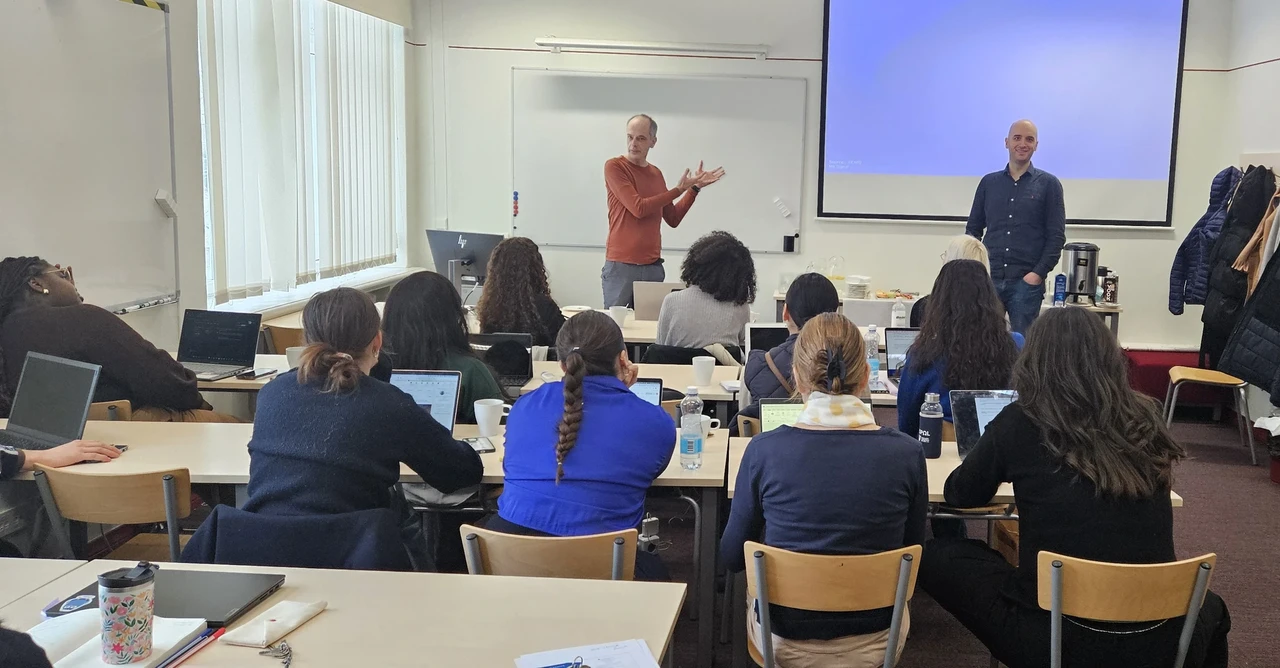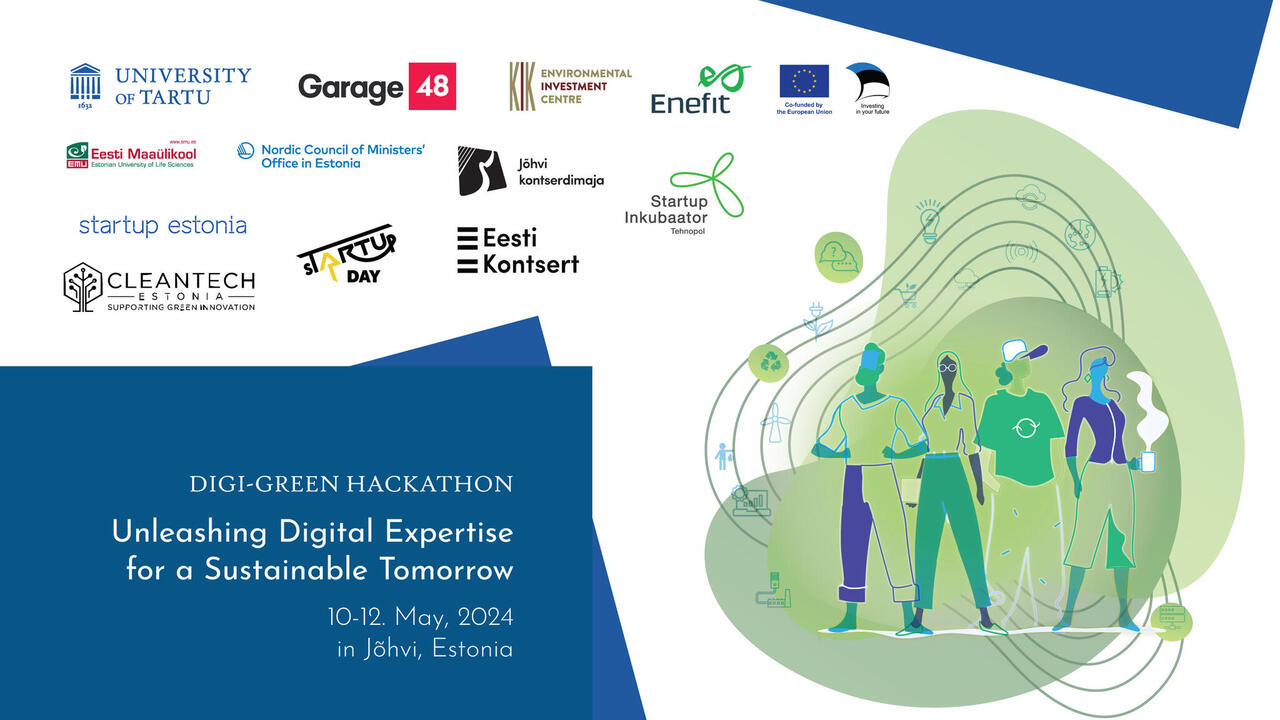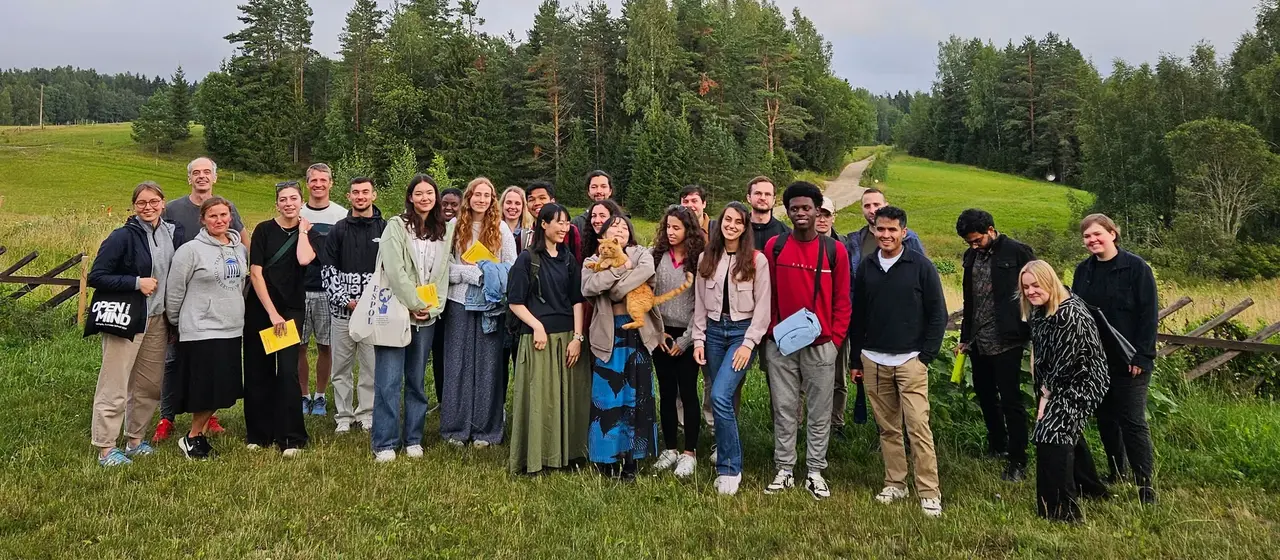The Summer School „Civic Competence in Creative Cities: How Digital Innovations Contribute to Durable Democracies“ will focus on how to use digital innovations in public administrations to unlock and implement civic competence.
The Summer School will consist of an in-person part that takes place in Tartu (28 July - 7 August 2024) and a facultative online part (12 August – 23 August 2024). The Summer School is a unique opportunity for students from around the world to learn about the promises, proliferation, and perils of digital democratic innovations, with a special emphasis on experiences in Estonia, arguably one of the most advanced digital societies in the world. The summer course will focus on learning and reflecting on state-of-the-art academic knowledge on digital democratic innovations, as well as on student research projects on digital innovations in Estonia (particularly in the city of Tartu). The European Capital of Culture 2024 events also allow for ample opportunities for students to experience Estonian culture and acquire skills to present research outcomes in more creative (oral and audiovisual) ways (rather than in the form of a regular academic paper). This Summer Course builds upon experiences we gathered during two successful previous ECePS ERA Chair Summer Schools (Building Digital Governance. 2022, and Agile Governance in a Digital Age, 2023).
Lecturers:
- Prof Dr Joep Crompvoets, Catholic University of Leuven, Belgium
- Dr David DueñasCid, Kozminsky University, Poland
- Toomas Hendrik Ilves, University of Tartu, Estonia
- Dr Mihkel Solvak, University of Tartu, Estonia
- Prof Dr Vincent Homburg, University of Tartu, Estonia
- Dr Jan Kleiner, Mazaryk University, The Czech Republic
The online study will take place from August 12 to 23 in the Moodle environment and will consist of three broad thematic blocks - digital representation (electronic elections with an emphasis on Estonia’s experiences with Internet voting) – e-participation (technology-enabled participatory budgeting) and e-deliberation (political participation on electronic platforms, notably social media). The virtual learning will consist of live lectures, video lectures, and independent work with academic resources. Each thematic block will be finalised with a small exam.
You can find more information on the Summer School website: https://ut.ee/en/content/civic-competence-creative-cities-how-digital-innovations-contribute-durable-democracies
The course is supported by the ECePS ERA Chair, that has received funding from the European Union’s Horizon 2020 research and innovation programme under grant agreement No 857622.







Comments